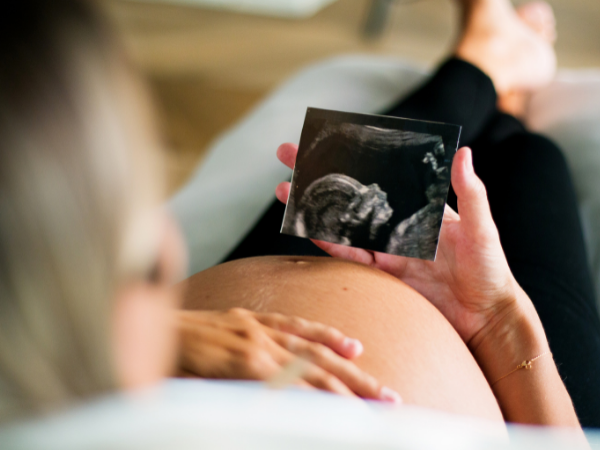Rheumatoid Arthritis and Family Planning: Understanding the Partner Perspective
The decision to have a baby is a big one. Throw a serious disease like rheumatoid arthritis into the equation and starting a family can feel overwhelming.
Rheumatoid arthritis is a chronic inflammatory autoimmune disease that affects more women than men and often strikes during childbearing years. Due to the debilitating nature of this disease, partners of patients often take on supportive roles.
According to new research, more resources are needed to support women living with this disease, as well as their partners, in family planning and making reproductive decisions.
“Despite advances in treatment, studies exploring pregnancy experiences of patients with inflammatory arthritis have revealed barriers related to pregnancy planning support, information availability and care coordination among patients’ health care teams,” said Dr. Mary De Vera, a scientist at Arthritis Research Canada.
It’s Complicated

“The daily impacts of the disease, such as pain, functional limitations and disability, in addition to fear and anxiety related to perinatal medication use, complicate reproductive decision-making,” De Vera said.
Despite previous beliefs that women with rheumatoid arthritis go into remission during pregnancy, recent evidence shows that approximately 20 per cent of patients experience moderate to severe disease activity during pregnancy, and 40 per cent encounter at least one postpartum flare.
Many women may think, “Will I be able to manage caring for a baby, while also taking care of myself?”
Understanding Support Needs
The research team interviewed 10 male participants with a mean age of 35. Fifty per cent were married to their partner with rheumatoid arthritis, 40 per cent had at least one child with their partner, and 40 per cent did not desire additional children.
Researchers then identified four stages of reproductive decision-making experienced by partners: (1) developing an understanding of the disease, (2) contemplating future family decision-making, (3) initiating reproductive decision-making with partner, and (4) reflecting on past reproductive experiences.
“Understanding the needs of couples making reproductive decisions is important in providing the highest quality care possible for women living with rheumatoid arthritis,” De Vera said. “Health care providers, including rheumatologists, can play a supportive role by providing resources regarding medication use and more so that couples can make informed decisions.”
She added that such supports could minimize stress and its negative impacts on families.


























































